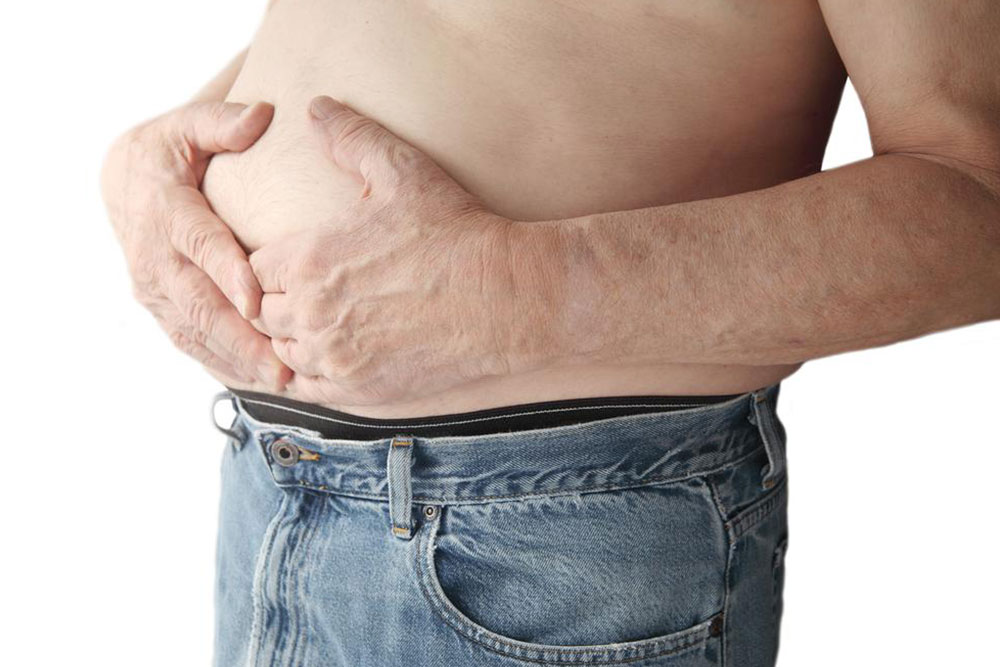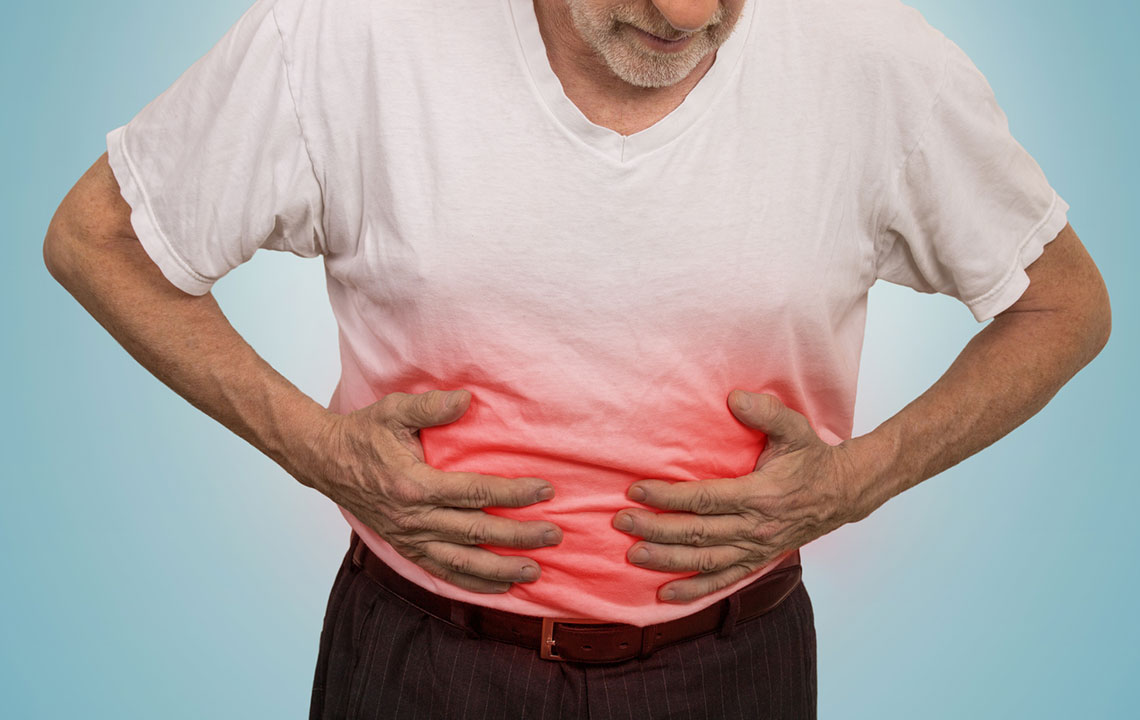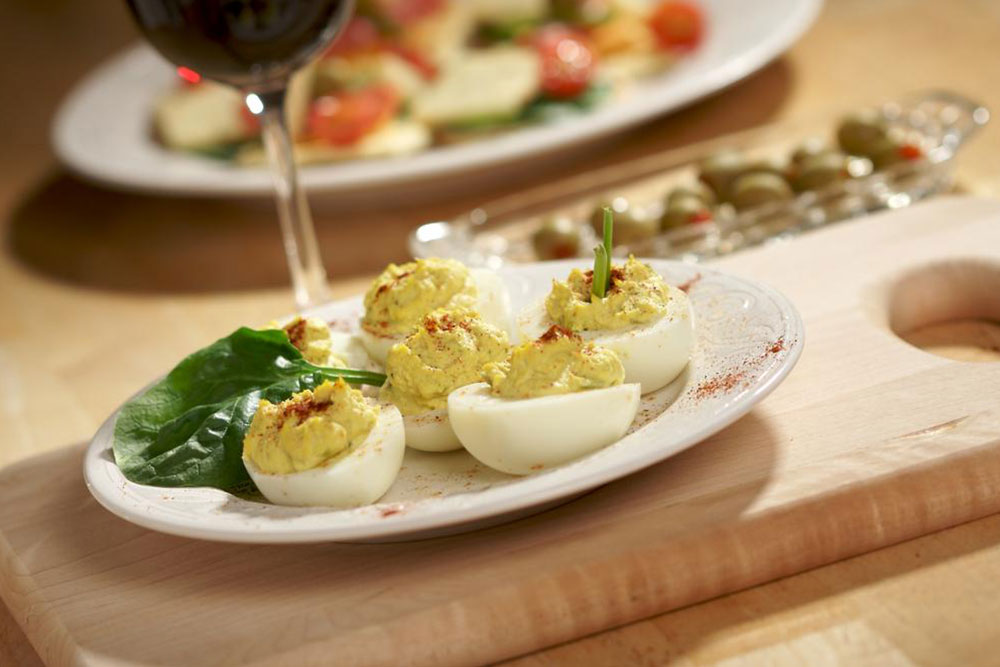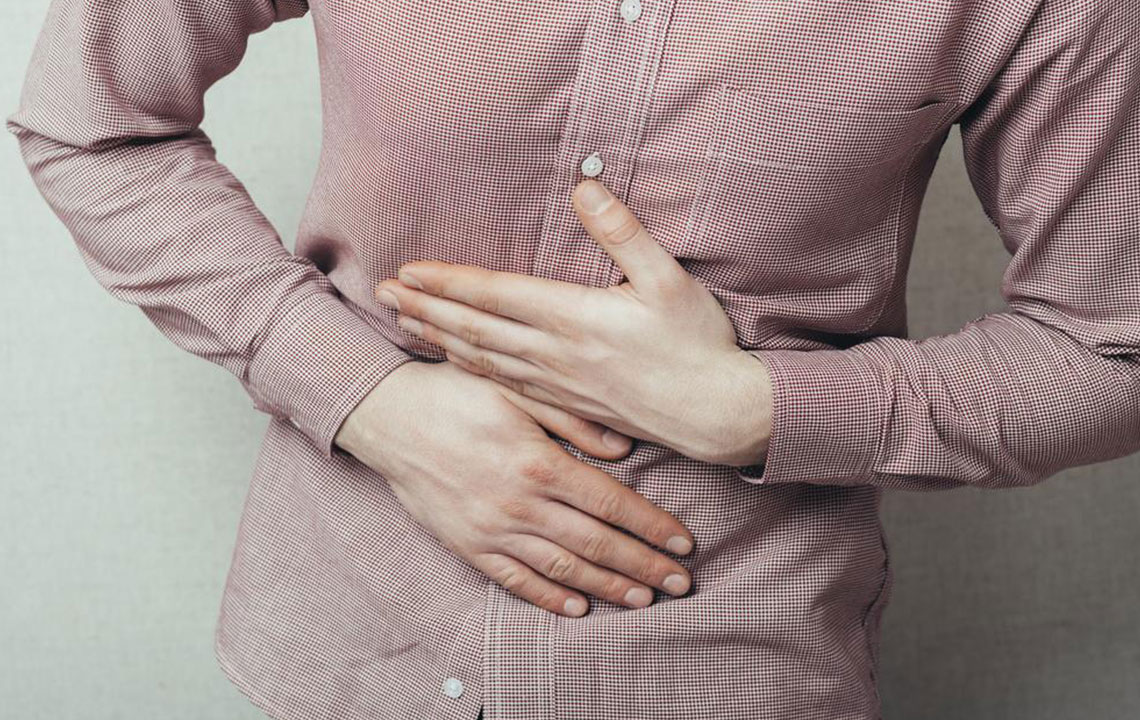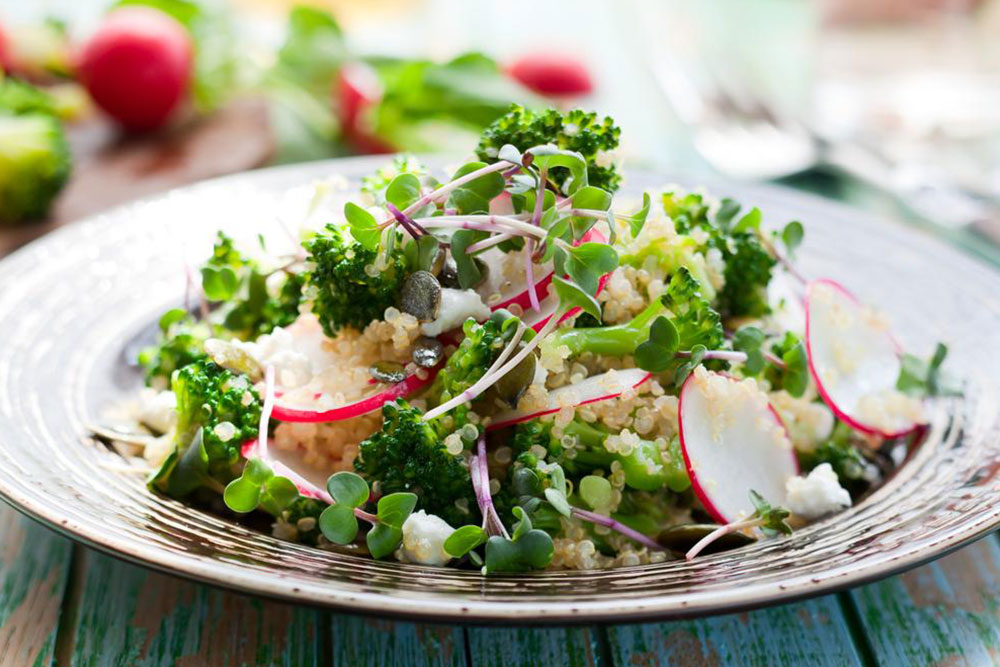Foods to Avoid for Managing Diverticulitis Symptoms
Discover which foods may trigger diverticulitis symptoms and learn dietary tips to manage the condition effectively. This guide highlights common irritants like broccoli, spicy foods, and fast food, helping you make informed choices for better digestive health.
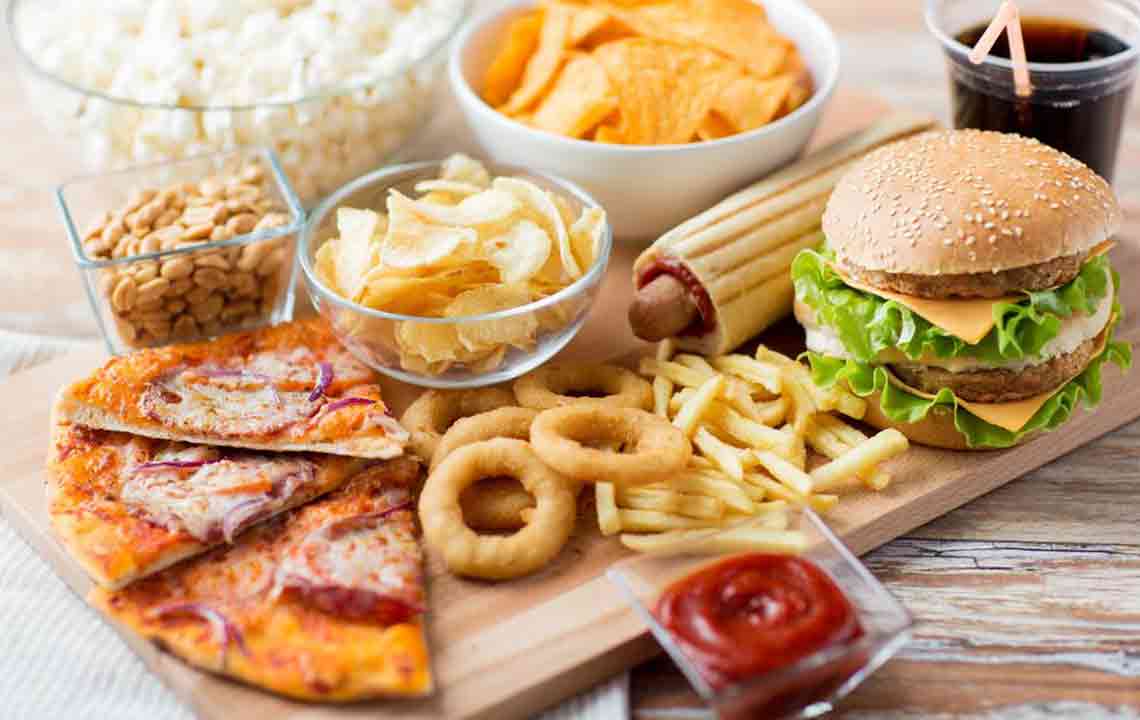
Foods That Can Worsen Diverticulitis Flare-Ups
The human body is a complex system, with each part playing a vital role in our overall health. While the body is remarkably adaptable, it can also be susceptible to various health issues. Advances in medical science have significantly reduced mortality rates by providing effective treatments for many ailments.
Digestive health is particularly important, and certain foods can trigger discomfort or worsen conditions like diverticulitis. Some individuals may experience illness after consuming foods that their bodies cannot tolerate.
Diverticulitis, an illness that occurs when small pouches form and become inflamed in the colon, can cause significant digestive distress. This condition notably affects the large intestine, leading to symptoms such as severe lower abdominal pain that intensifies with movement. Other signs include:
Diarrhea
Fever and chills
Nausea
Constipation
Decreased appetite
Gas and bloating
The exact cause of diverticulitis remains uncertain; however, a low-fiber diet is believed to contribute to its development. Fiber is essential for healthy digestion, helping to bulk up stool and prevent constipation. Without enough fiber, the colon must exert more pressure, which may lead to pouch formation in weak spots of the intestinal wall.
While the precise triggers are unknown, some foods are known to aggravate diverticulitis symptoms. These include:
Broccoli – Despite its health benefits and high fiber content, broccoli can trigger gas buildup and increase abdominal pain during diverticulitis flare-ups.
Spicy foods – Spices can irritate the digestive tract, causing inflammation, diarrhea, and vomiting, especially in those susceptible to diverticulitis.
Corn – Rich in fiber, corn can be difficult to digest during inflammation, potentially irritating the colon and worsening symptoms.
Cabbage – Known to produce gas during digestion, cabbage can intensify bloating and abdominal discomfort if diverticulitis is present.
Fast food – Foods like burgers and pizza contain fats and oils that may irritate intestinal tissues, leading to increased inflammation and pain.
Dairy products – Although an excellent calcium source, dairy can cause gas and bloating in diverticulitis patients, worsening discomfort.
Green and red peppers – Known to cause gas and cramps, peppers can aggravate inflammation in the colon and should be avoided.
Knowing which foods can trigger symptoms allows individuals to adjust their diets accordingly, helping manage diverticulitis effectively.
Note:
The information shared here aims to provide helpful insights across various health topics. However, it should not replace professional medical advice. Always consult healthcare professionals before making significant dietary changes or treatment decisions. The website disclaims responsibility for any inaccuracies or differences in information available elsewhere, as well as for benefits from schemes or offers not covered here.

